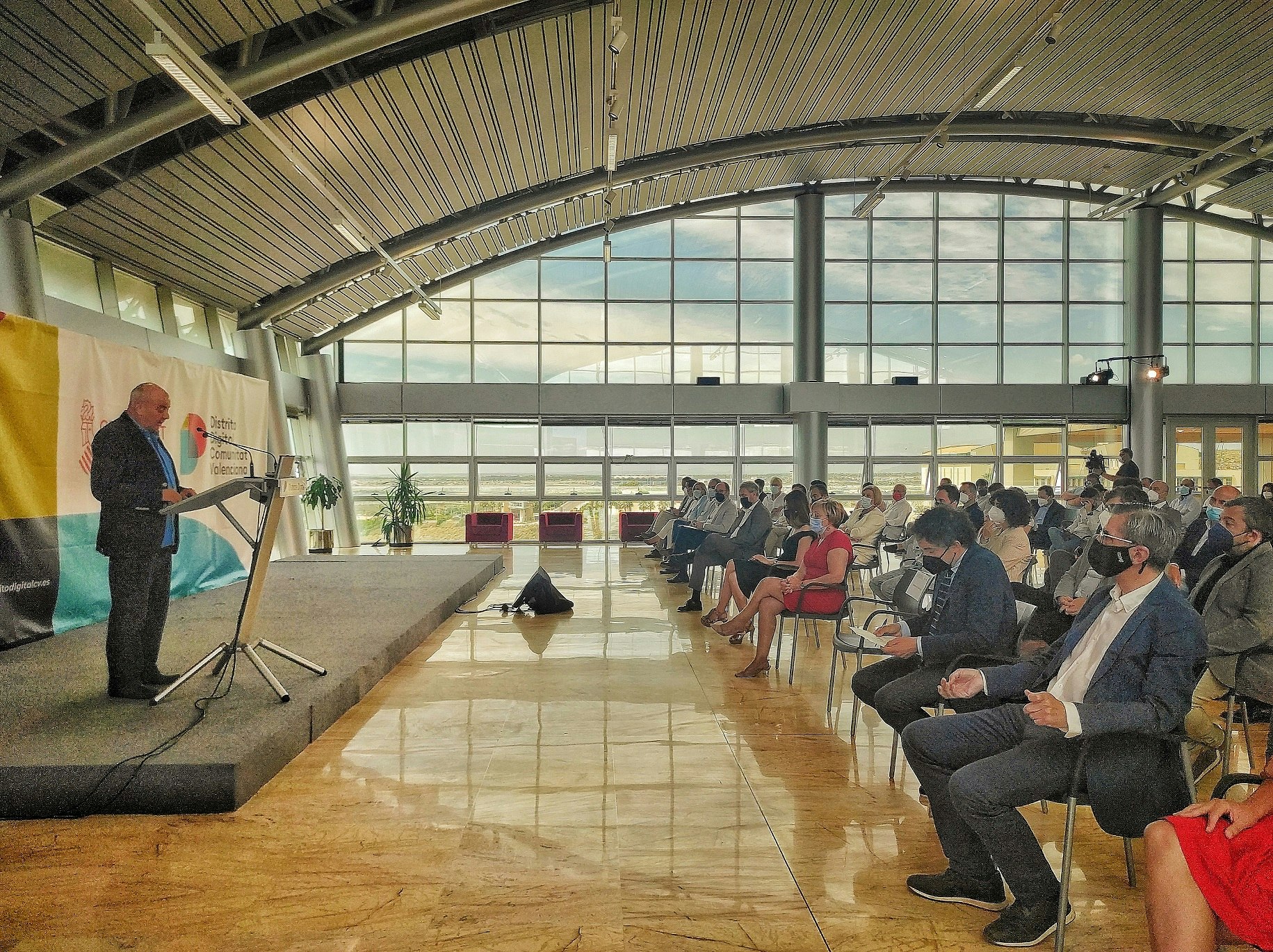Madrid and Barcelona are most often associated with Spain’s startup scene. But the region of Valencia — which includes the cities of Valencia, Alicante and Castellón — is quickly becoming a hotspot.
The region of Valencia is home to around 900 startups, which is estimated to grow by 100 every year, making it the region with the most startups per capita in Spain. Notable startups include unicorn Flywire, a vertical payments company that went public this year with a $3.5bn valuation, and financial comparison tool Jeff, which raised over €17 million in a Series B financing round in 2020.
Supporting this surge of startups are 33 local investment funds, 40 startup communities and 60 coworking spaces.
The region is well connected, the weather is warm and the cost of living is low. Still not convinced? Here’s why founders are flooding to the region of Valencia.
Matchmaking services
One of the biggest struggles for newly launched or relocated founders is finding the local resources they need to help them break into the region and grow. But open innovation projects can help provide startups with the resources they need.
Ramón López Roldan, innovation manager at sustainable development company SUEZ España, is currently working on an open innovation programme with Comunitat Valenciana Digital District, a tech hub generating tech projects to boost wealth and employment in the region of Valencia. The programme Roldan is working on matches startups with both private companies and government organisations.
The region of Valencia is home to around 900 startups, which is estimated to grow by 100 every year, making it the region with the most startups per capita in Spain
“We assess the startups, we recommend the best ones and we’re doing the work of finding potential partners,” Roldan says. “We also help startups with the bureaucratic paperwork to set up in Spain. The most important thing is to identify potential clients for them. We identify those big corporations and public administrations that have problems or needs related to technology.”
But Roldan says the programme is more than simply pairing startups with business partners; he says climate change is a big focus, as the region has suffered from storms and floods.
“The idea is to create an ecosystem with all potential partners — corporates, startups, public administrations, citizens, associations — to establish links with other similar organisations over the whole world. The idea is to create a hub for climate change and to develop events and talks, some of them aimed at citizens.”
A hotbed for talent
One of the biggest challenges today’s founders face is finding the talent they need to support their startup in its growth.
The region of Valencia is home to eight universities, more than 15 international schools and produces over 3,500 graduate engineers and developers per year.
The city of Valencia alone issues 25,000 bachelor’s and master's degrees annually, and was nominated as one of the best cities for expats to settle in by InterNations Expat City Ranking 2020, meaning a constant stream of fresh talent.
Regional financial support
While the ecosystem isn’t yet as mature as Madrid or Barcelona, it’s growing fast thanks to local business development organisations and financial support.
Enrique Lancis is innovation manager at smart transformation company Globaldit. He’s currently working on a project with Digital District that encourages startups to digitise the tourism industry, one of the most important sectors to Spain’s economy.
It’s also an industry that’s increasingly relying on data services and artificial intelligence, opening up huge opportunities for startups to partner with local corporates. “Here in Alicante, in the tourism sector, they’re working on smart destinations — startups will find the perfect ecosystem to work with. The private sector and big corporations are keen to work with startups.”
The region of Valencia is home to eight universities, more than 15 international schools and produces over 3,500 graduate engineers and developers per year
Lancis says also there's a huge financial opportunity for startups who can provide these services.
“In Spain we’re receiving funds from the NextGenerationEU fund, and tourism is one of the main industries where these funds are going to be implemented. So startups will be able to find public funds,” he says. “It’s really early stage, but we’ll see a lot of money available to develop IT solutions and to implement those solutions within Spain’s ecosystems.”
Open innovation support
Digital District CEO Antonio Rodes says there are a range of open innovation programmes in the region of Valencia, especially for startups who can partner with companies and organisations to create viable solutions across tourism, health and climate change.
“These programmes facilitate the creation of clusters in different parts of the region of Valencia — such as one for ehealth in Gandia, tourism in Benidorm and climate change in the Vega Baja area— where startups can benefit from the concentration of services and interests around their respective activities.”
Rodes says Digital District’s programme offers the chance for startups to network with each other and collaborate with large technology companies. “For the moment, this experience is allowing the participating startups to contact other agents of the digital ecosystem that work in the same field, to know their needs first-hand, which is a good competitive advantage for them.”
He adds that the programmes can be followed by the public online, to ensure transparency and public trust. “We work with great transparency because it is important for society to know that innovation is at its service and is there to solve real problems.”



